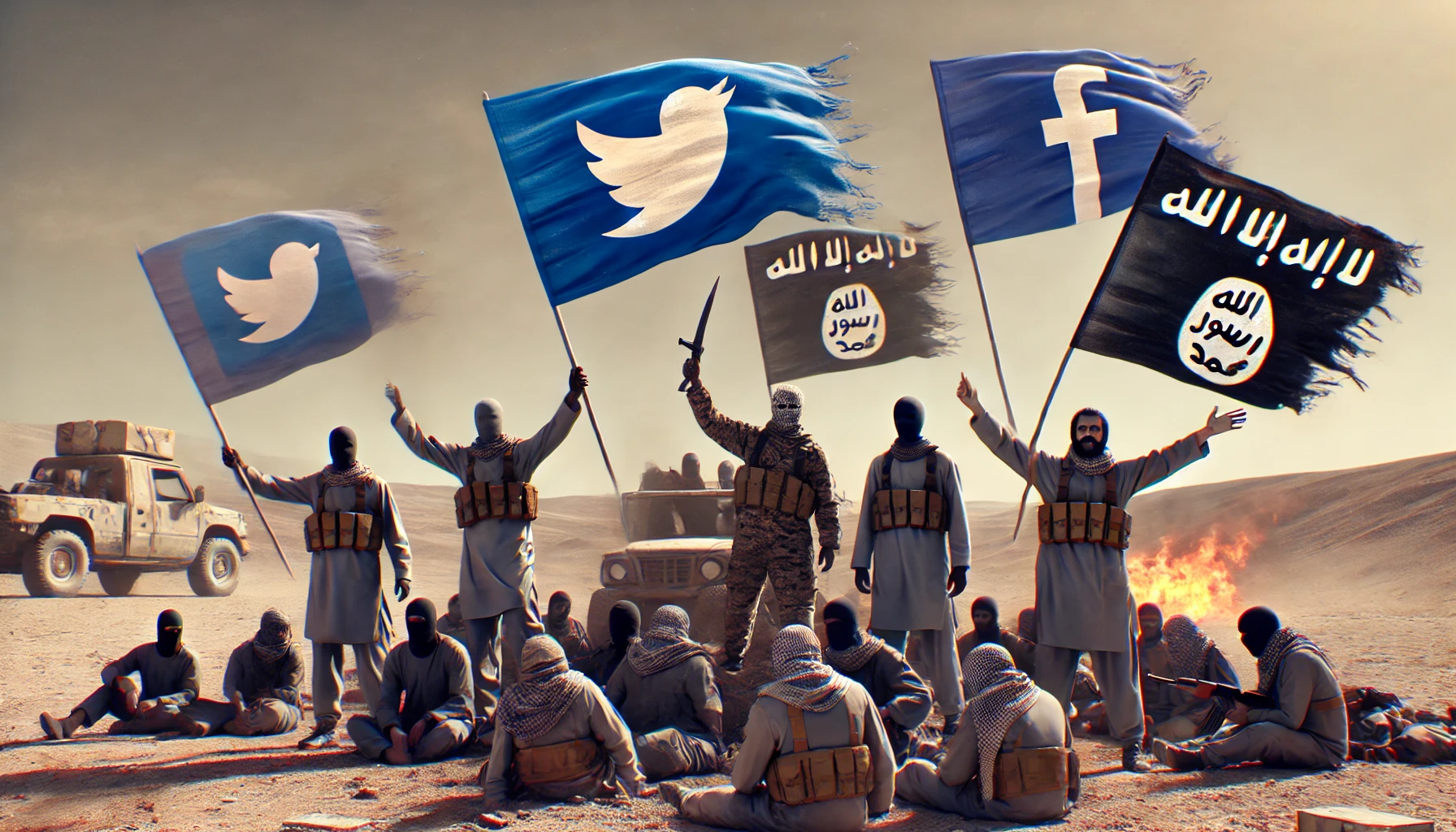In a landmark ruling, the Supreme Court has decided in favor of social media giants Meta (formerly Facebook) and Twitter, affirming that free speech protections outweigh the responsibility of these platforms to police terrorist content. The decision comes after two critical cases, Twitter v. Taamneh and Gonzalez v. Google, where the plaintiffs argued that these companies should be held liable for not sufficiently blocking content that promotes terrorism.
The Ruling
The Supreme Court’s unanimous decision held that simply hosting and recommending videos or posts does not amount to “aiding and abetting” terrorism. The court emphasized that holding social media platforms liable for user-generated content would undermine free speech principles and lead to over-censorship. This ruling means that social media companies are not legally responsible for terrorist acts facilitated by content posted on their platforms, as long as they do not have direct involvement in the activities.
Reaction from Civil Liberties Groups
The decision has been praised by free speech advocates, including the ACLU, which argued that forcing platforms to remove content more aggressively would lead to significant overreach and suppression of lawful speech. They applauded the court for upholding free expression online, noting that this ruling ensures that platforms can continue to host a wide range of discussions without the fear of constant litigation.
Public and Political Backlash
However, the ruling has also sparked significant controversy and concern. Critics argue that this decision prioritizes the protection of corporate interests and abstract free speech rights over public safety and the prevention of terrorism. They fear that this legal shield will allow harmful content to proliferate unchecked, posing real threats to security and public order.
The Broader Implications
This ruling underscores the ongoing tension between free speech and safety in the digital age. It highlights the challenges of regulating online content without infringing on constitutional rights. As the digital landscape evolves, the debate over the responsibilities of tech companies in monitoring and controlling content will likely continue to intensify.
For a detailed analysis, you can read more on the Supreme Court decisions in Engadget and ACLU.

